
Radar | Mar 20,2021
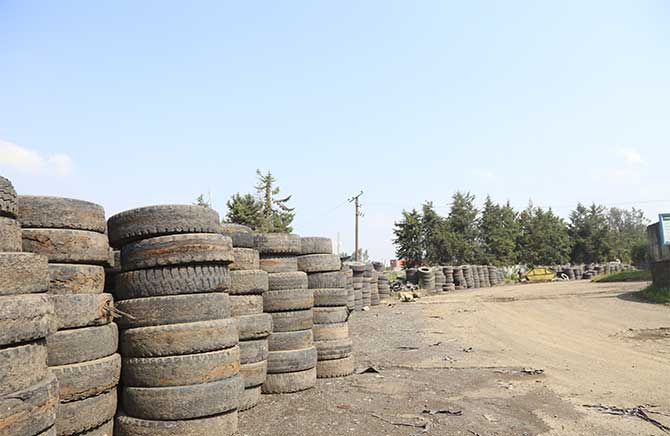 The plant will be built inside the Enterprise’s Qality Branch, Akaki Qality District, where the Qality Customs Branch Office is located.
The plant will be built inside the Enterprise’s Qality Branch, Akaki Qality District, where the Qality Customs Branch Office is located. The Japanese development agency has approved a project proposal that aims at establishing a tyre retreading plant in Ethiopia.
Japan International Cooperation Agency (JICA) accepted the project proposal that was submitted by Fukunaga Engineering Co., Ltd, a Japanese firm, to set up a tyre retreading plant on the premises of one of Ethiopian Shipping & Logistics Services Enterprise's locations.
The plant will be built inside the Enterprise's Qality Branch, Akaki Qality District, where the Qality Customs Branch Office is located. At that location, thousands of old and used tyres have been dumped.
Estimated to cost up to 40 million Br, the plant will have a capacity of retreading - or putting a new rubber surface on the outer part of a worn tyre - 50 tyres a day.
For the implementation of the project, Fukunaga, the Enterprise, the Ministry of Trade & Industry and Ethiopian, Chemical & Construction Inputs Industry Development Institute signed a memorandum of understanding last April. The parties have been waiting for JIKA's - the financier - approval of the proposal.
Last week, Fukunaga’s proposal was accepted by JICA, according to Sara Sem, communications officer at JICA, which has been in Ethiopia since 1993 and currently has 29 ongoing projects, with 11 of the largest in agriculture, eight in industrial development, eight more in infrastructure and two in education. Between 2010 and last year, JICA disbursed nearly 5.4 billion dollars worth of grant aid and technical cooperation.
''We expect the pilot phase of the project to begin in January or February of 2020, tentatively,'' she told Fortune.
Fukunaga, a company that was established in 1994 with headquarters in Osaka, Japan and a metal recycling plant in Vietnam, will import five sets of different machinery and install them at the warehouse to be prepared by the Enterprise. The Enterprise will build a warehouse and secure power supply for the plant. The machines perform multiple tasks, including the initial inspection and the final moulding stage.
After the worn tyres are collected, the workers will select suitable casings for retreads and send them through a rigorous visual inspection process. Those that pass the inspection stage will be sent to buffering and then repairing. Cementing the injury by vulcanising rubber stems to fill the damage is the following stage.
During the three-year project, Fukunaga will import the machinery from Japan, install them and train the Enterprise's staff who will be working at the plant. The Japanese company will manage the plant for three years, and then it will be fully transferred to the Enterprise.
Fukunaga will provide technical assistance for the project, while the Enterprise will own and operate the plant, and the Ministry of Trade & Industry will promote tyre retreading and recycling technology in Ethiopia. Fukunaga will also train two employees who will work at the plant in Japan.
Data shows that only five percent of the tyres in the country are retreaded and most of them are disposed of, though many can be treated and reused.
''We hope to push this figure as high as 20pc,'' said Keiichi Furukawa, executive officer of Fukunaga Engineering.
Initially, the Enterprise had 60 heavy-duty trucks with a total lifting capacity of 2,400tn of dry cargo at a time. After it dissolved Comet Transport S.C., a company that owns around 205 heavy-duty trucks, the Enterprise's fleet number reached 265. Four years ago, it entered into an agreement with Renault Trucks for the supply of 215 trucks. This raises the land fleet capacity of the Enterprise to 480 vehicles.
The Enterprise's trucks have 24 tyres. It changes tyres every six months, and sometimes every three months, costing it a considerable amount of foreign exchange to import tyres.
''The retreading will extend the life of the tyres by 40pc,'' Roba Megerssa, CEO of the Enterprise, told Fortune.
The Enterprise is currently in the process of procuring 150 heavy trucks and 12 car carriers, which could cost it as much as one billion Birr.
Upon completion and becoming operational next April, the plant will be the 11th tyre retreading plant in the country. The largest plant, Etretreading Plc, has a capacity of treading about 3,000 tyres a year.
Fukunaga also plans to invest in Ethiopia, setting up recycling plant that will recycle completely worn-out tyres and make car speed-bumps from the recycled rubber, according to Furukawa.
PUBLISHED ON
[ VOL
, NO
]

Radar | Mar 20,2021
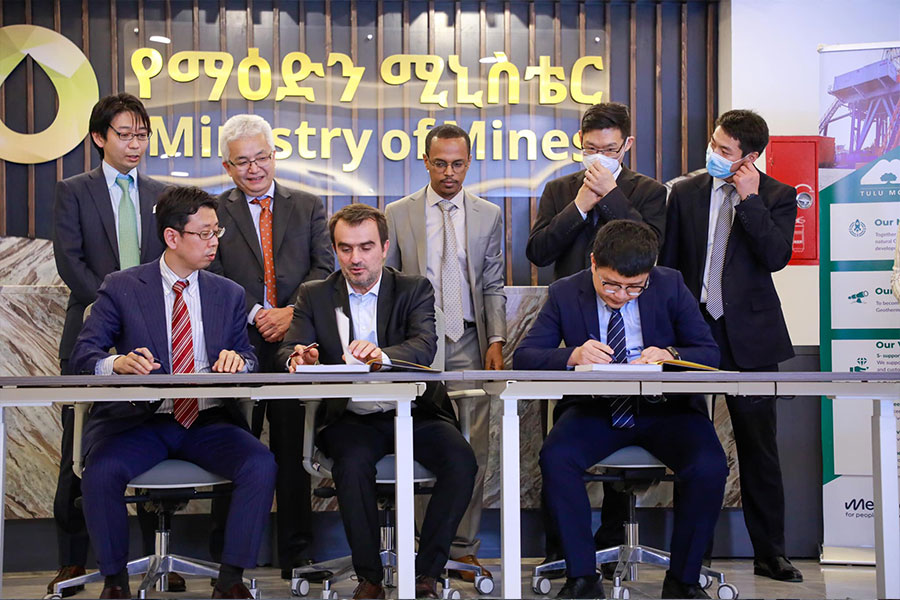
Fortune News | Apr 02,2022

Radar | Jan 26,2019

Radar | Sep 21,2019
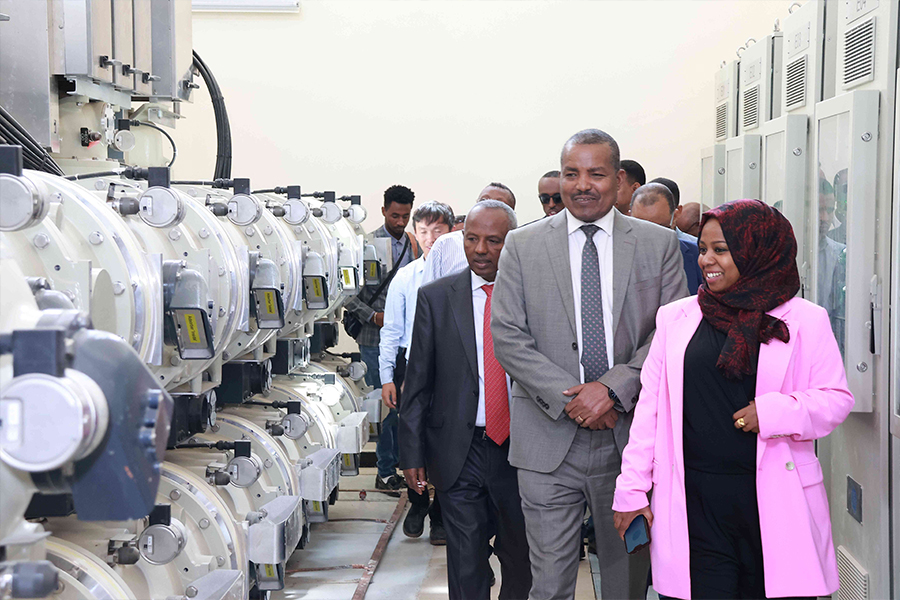
Radar | Nov 04,2023
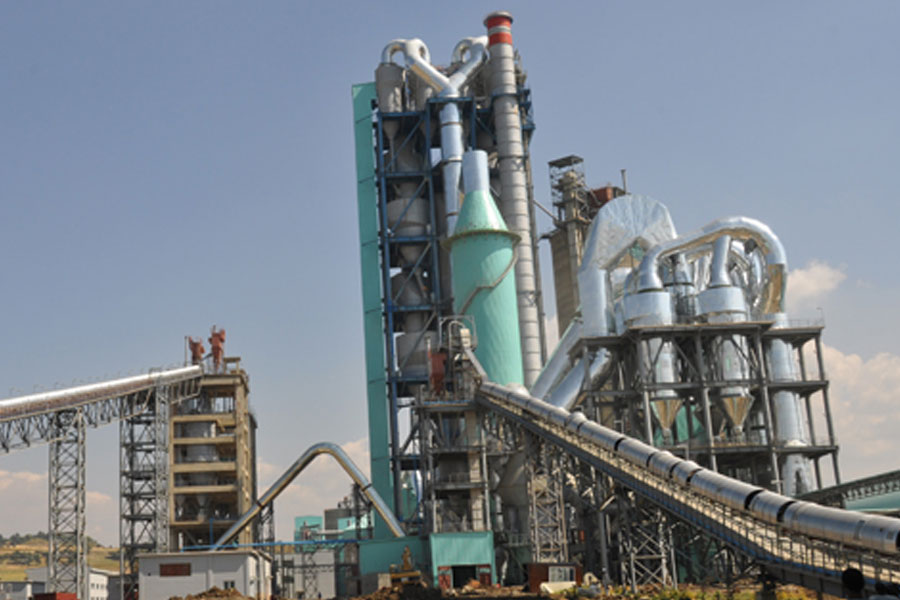
Fortune News | Aug 07,2021
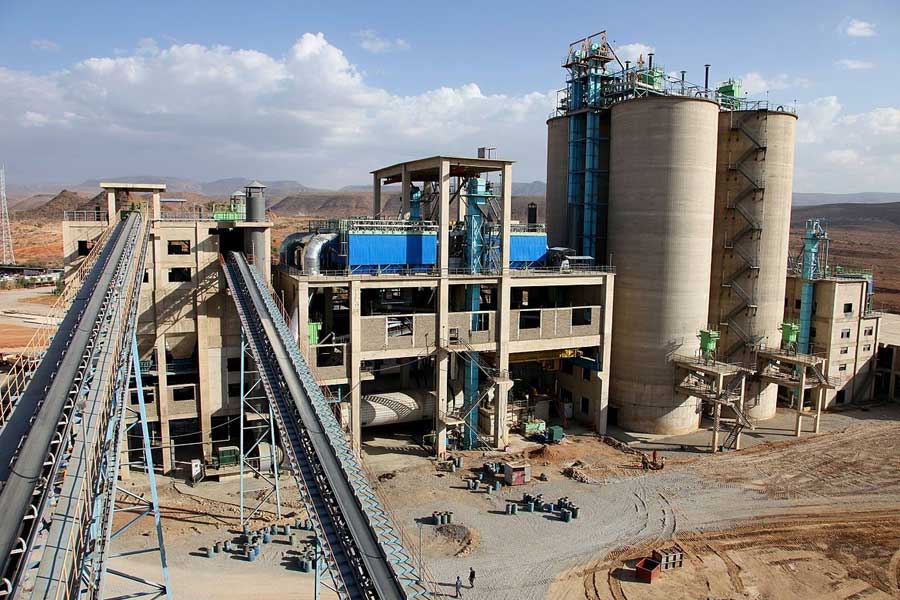
Fortune News | Feb 26,2022

Fortune News | Oct 31,2020

Fortune News | May 02,2020

Radar | Jun 24,2023

Dec 22 , 2024 . By TIZITA SHEWAFERAW
Charged with transforming colossal state-owned enterprises into modern and competitiv...

Aug 18 , 2024 . By AKSAH ITALO
Although predictable Yonas Zerihun's job in the ride-hailing service is not immune to...

Jul 28 , 2024 . By TIZITA SHEWAFERAW
Unhabitual, perhaps too many, Samuel Gebreyohannes, 38, used to occasionally enjoy a couple of beers at breakfast. However, he recently swit...

Jul 13 , 2024 . By AKSAH ITALO
Investors who rely on tractors, trucks, and field vehicles for commuting, transporting commodities, and f...

Jul 5 , 2025
Six years ago, Ethiopia was the darling of international liberal commentators. A year...

Jun 28 , 2025
Meseret Damtie, the assertive auditor general, has never been shy about naming names...

Jun 21 , 2025
A well-worn adage says, “Budget is not destiny, but it is direction.” Examining t...

Jun 14 , 2025
Yet again, the Horn of Africa is bracing for trouble. A region already frayed by wars...